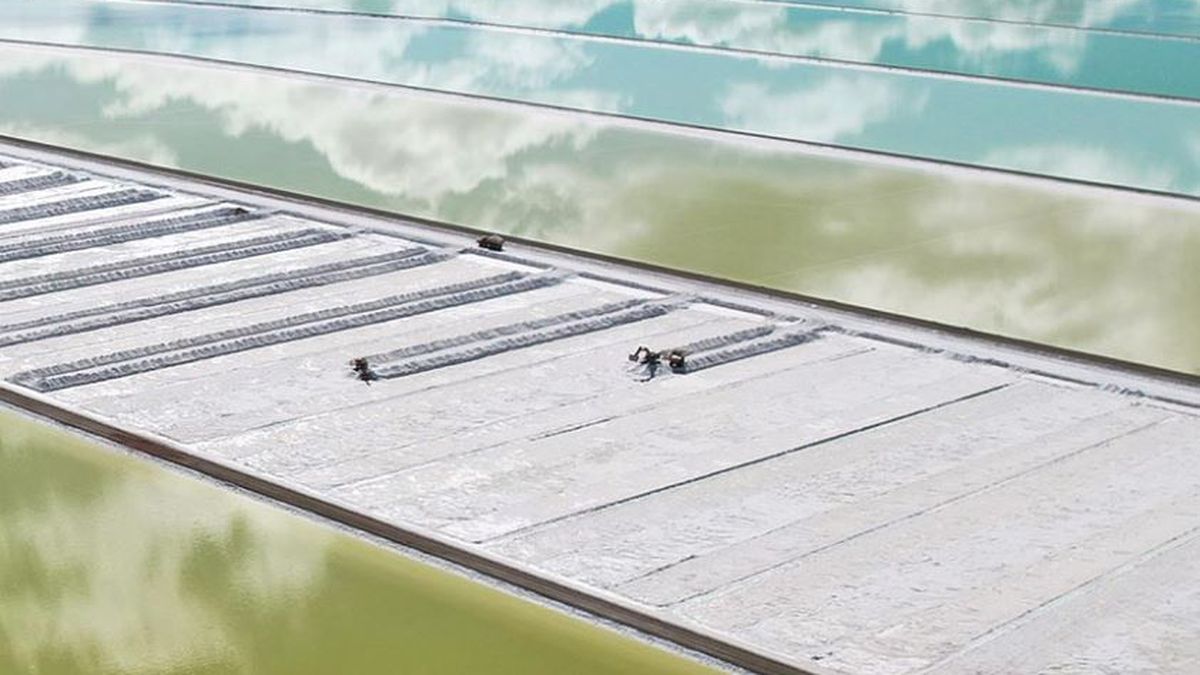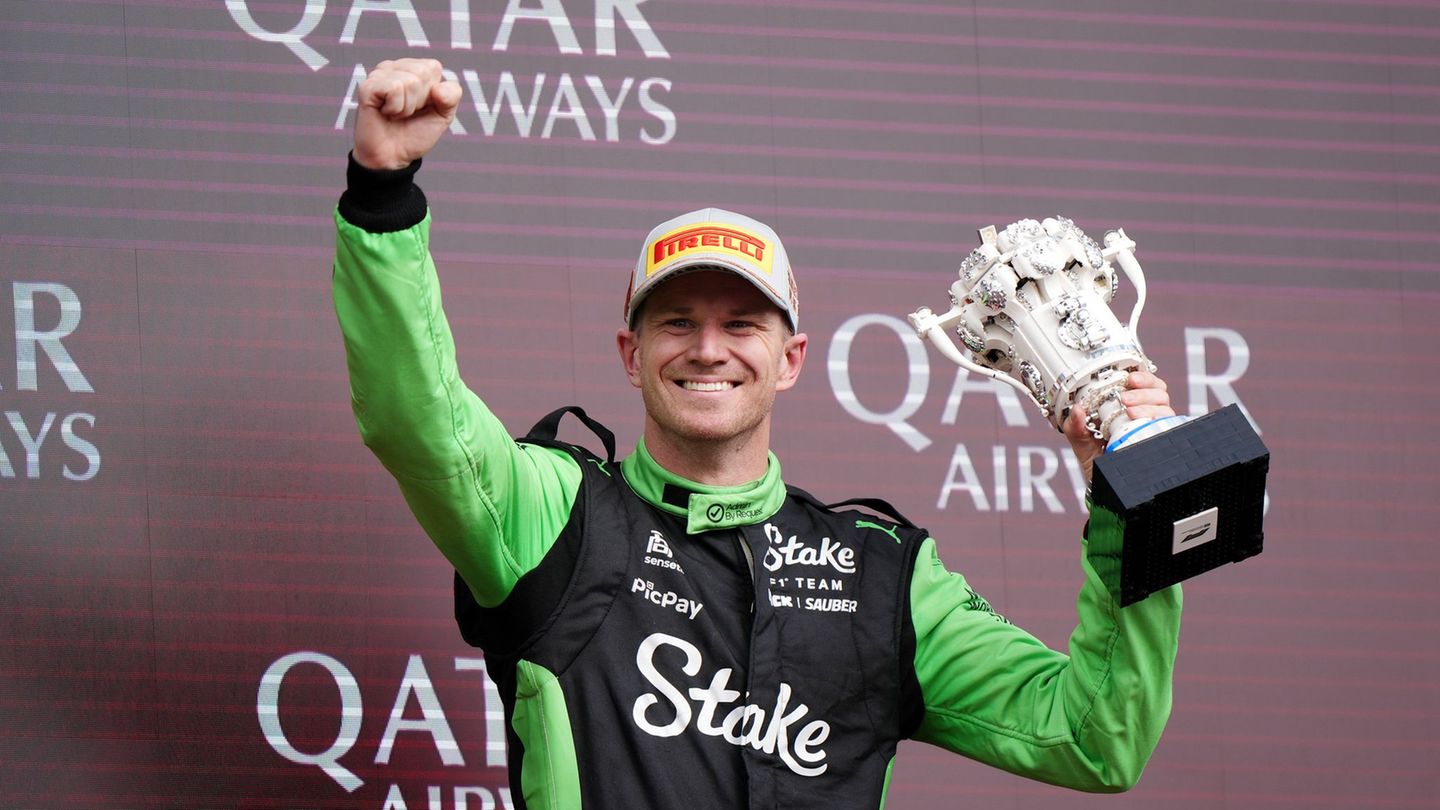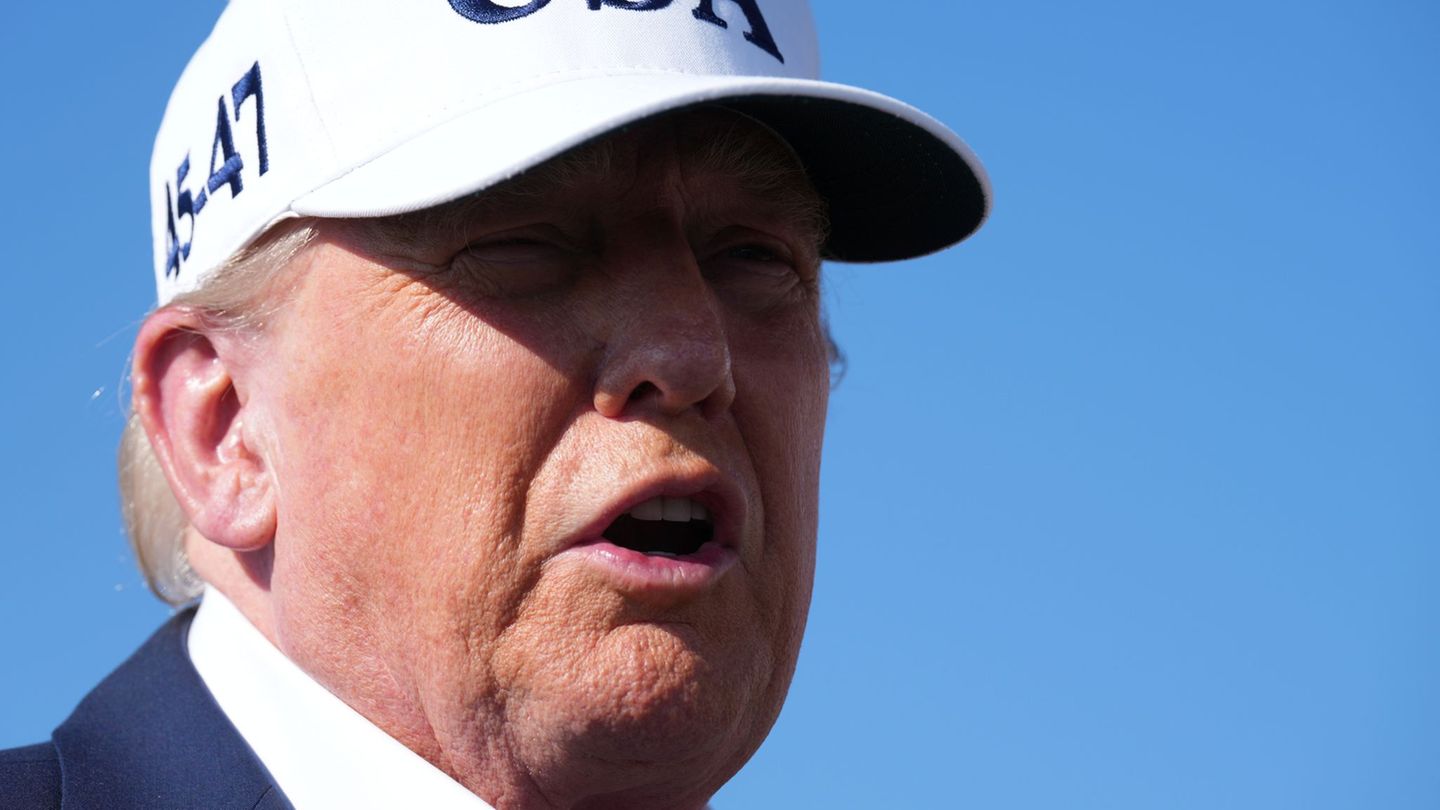From June start carbonate production lithium in the project Olaroz-Caucharilocated in Jujuyof the mining exarafter an investment of almost US$1 billion. Since 2016, when the Sales de Jujuy mining company began to export, there are only two active lithium projects in Argentina. However, now there are six more under construction that will begin to operate in the short term, and that could make the country the second largest producer of lithium in the world. In this context, the Vice President, Cristina Kirchnerasked to have one “strategic look” for the exploitation of this highly demanded mineral, and his words generated anger among the governors of the north.
The Olaroz-Cauchari project is located in the department of Susques, province of Jujuy, at more than 4,000 meters above sea level. After completing the construction and testing of the purification and carbonation systems, the first stage will consist, starting in June, of carrying out the first pre-commercial productions, as confirmed by Franco Mignacco, president of the company, to Télam. It will be about 100 tons that will be exported to China.
Then, the company will progressively increase its production until it reaches 40,000 tons per year of battery-grade lithium carbonate, starting in 2024. With that capacity, will be the largest production plant in Argentina, since they will add another 20 thousand tons in a second stage. When it is at full capacity, the company estimates that it will have 700 direct workers, and 1,500 indirectly, and anticipates that 60% will be from Jujuy.
The investment for the third lithium project in Argentina amounted to US$979 million. It was made by the company exarfirm formed by the China’s Ganfeng Lithium, and Canada’s Lithium Americas Corp.. As in all the projects that are developed in Jujuy, by provincial law the State has an 8.5% participation by the state company Jemsewhich can access up to 5% of production for local demand.
For several years Argentina had only two lithium projects. Since the 1980s, with the American company Livent in the Salar del Hombre Muerto, in Catamarca. And from 2016, with the Salar de Olaroz of the Australian Allkem, in Jujuy. The arrival of the third project marks that China and the United States will be the big lithium players in the country. Between both projects, production amounted to 37,500 tons per year, but both mines are expanding. In addition, the two companies began a global merger process and thus will form the third largest production company in the world. While the Minister of Economy, Sergio Massawill hold meetings in China with mining giants, his team seeks to close a trade agreement to export lithium to the United States.
Despite having the second largest amount of resources in the world, Argentina is only the fourth global supplier of lithium, after Australia, Chile and China. However, there are 6 projects under construction, so the Ministry of Economy estimates that the country could become the second largest producer in the world before the end of the decade, reaching 200,000 tons per year by 2025, with exports of more than $5 billion.
Cristina Kirchner’s claim
It is in this context that the Vice President, Cristina Kirchnerasked in his speech on May 25 in Plaza de Mayo a “strategic look” to all political forces for lithium. “I’m not saying that electric cars are made here, but at least, brother, do a part of the battery or the entire battery here if you’re taking it all,” he said.
Currently, value-added projects are scientific initiatives such as the YTEC battery plant in La Plata, within the framework of a project with the University of La Plata, and the YPF oil company, which carries out explorations with YPF Lithium in Catamarca. There is two bills drafted by Economy, the Casa Rosada and the governors of the north that seeks to industrialize lithium through a system of quotas and preferential prices for the domestic market, together with tax variation according to the added value. Also a new bill of electromobility. But neither of them reached Congress and even less is expected to be approved in an election year.
In addition, Cristina Kirchner was very critical of the governor of Jujuy, Gerardo Morales. Without mentioning it, he questioned that he has said that, due to the new legislation in Bolivia and Chile, investments come to Argentina. “But what a vocation in Cologne, brother”, he affirmed in Plaza de Mayo. His words fell badly among the governors. It is that this phrase of Morales was pronounced last week at the Arminera fair, in La Rural, and on the same stage he was applauded by the governors Gustavo Sáez (Salta) and Raúl Jalil (Catamarca)who share the idea. Basically, the debate is whether or not there is a need for an intervention strategy, according to different official sources: with the nationalization of lithium, Bolivia stopped producing, being the country with the largest amount of resources in the world. While Argentina, without any change in regulations, accumulates $5 billion in investments for this mineral.
Also, the Minister of the Interior, Eduardo “Wado” de Pedropossible candidate for president of Kirchnerism, assured in an interview that he is in favor of the “nationalization” of lithium, a concept that the governors reject, for ensuring that the minerals are from the provinces, as a result of the change in the constitution of the years ninety.
Source: Ambito




